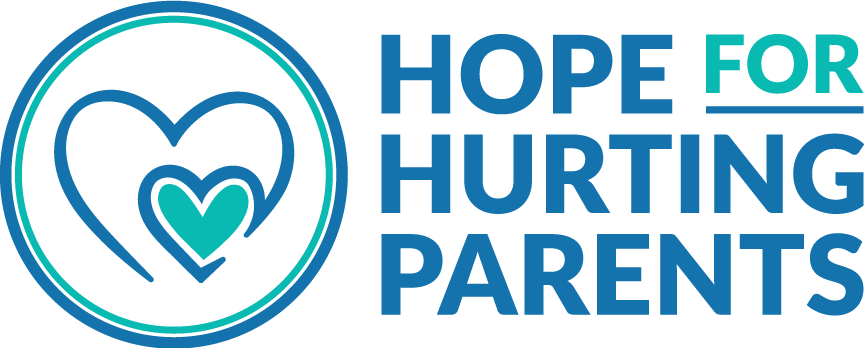 Since this is Mental Health Awareness Month I wanted to feature a blog on a related issue common to many who suffer with a mental health issue. Self Injury. Today we welcome guest blogger and counselor, Robin Nicholas (from Orlando). In her blog she will define self-injury and how to recognize it.
Since this is Mental Health Awareness Month I wanted to feature a blog on a related issue common to many who suffer with a mental health issue. Self Injury. Today we welcome guest blogger and counselor, Robin Nicholas (from Orlando). In her blog she will define self-injury and how to recognize it.
There are myths and stigmas attached to self-harming that I would like to address. Contrary to popular belief, people who self-harm are not doing so to get attention. In fact, most of those who cut or harm themselves’ do not want others to know. They carry a sense of shame and guilt not a sense of pride. When they show their scars or marks to others it is a plea for help not a cry for attention.
Another false belief is that people who harm themselves are dangerous and should be avoided. In reality, people who self-harm are merely using this as a means to cope with emotional distress. They typically have no intention of harming those around them.
Another common mistake believed is that if the wounds or marks from self-harming are not severe, then the problem is also not severe. Do not equate the depth of a gash with the depth of pain the self-injurious individual feels. These two aspects have little to do with each other.
Signs and symptoms of self-harming:
• Isolation for long periods of time- The person will need time alone to act out on the urge.
• Irritability and mood swings- A buildup of emotions will occur prior to a self-harming episode, which will then be followed by a state of calm.
• Wearing covering clothing- A person may wear long sleeves or pants to cover up the marks. This behavior is more apparent during the warmer seasons of the year.
• Unexplained blood marks- These can be found on the clothing of the individual, as well as, on towels, sheets, and tissues.
• Continuously being in possession of sharp objects- These objects include but are not limited to knives, lighters, nails, paper clips, and razors.
• Claiming to be “clumsy”- A self-harming individual will use clumsiness as an excuse to cover up the behavior when questioned about marks or scars.
• Unexplained marks or scars- Marks that cannot be explained or reasoned away are a tell-tale sign of self-injurious behavior. However, it is not uncommon for a person to be occasionally unaware of being cut, scraped, or bruised. If this becomes a pattern then it is typically a red flag.
If someone you love appears to be portraying the warning signs for self-injurious behavior it is pertinent that this person receive the help he/she needs.
1. This is a matter that must be treated delicately. Being aware of how to approach the person is of the utmost importance.
2. Remember to first get your own emotions in check before beginning a discussion with your loved one about your concern. Process your feelings with someone else or seek guidance from a professional.
3. Do research on what causes self-injurious behaviors.
4. Once you’re prepared to approach the person, refrain from using attacking language, such as “you messages.” Instead, use “I statements” such as “I am. . .” “I feel. . .” or “I noticed. . .”
5. (added by me, Dena) Encourage the person that there is help. Offer to go with them or assist them in finding a counselor they like. But do everything you can to convince them there is a better way if they are simply willing to try. There is hope.
 Robin Nicholas earned her Masters of Science in Counseling Psychology at Palm Beach Atlantic University. She is currently a Registered Mental Health Counselor Intern with the state of Florida. She graduated with her Bachelor’s degree in International Affairs from the Florida State University in 2004 which has given her a diversified perspective in her counseling approach. Robin has had years of experience dealing with addictions and the destruction it wreaks on a person and their family. Utilizing her personal knowledge and biblically based model, she’s able to help the addicted individual.
Robin Nicholas earned her Masters of Science in Counseling Psychology at Palm Beach Atlantic University. She is currently a Registered Mental Health Counselor Intern with the state of Florida. She graduated with her Bachelor’s degree in International Affairs from the Florida State University in 2004 which has given her a diversified perspective in her counseling approach. Robin has had years of experience dealing with addictions and the destruction it wreaks on a person and their family. Utilizing her personal knowledge and biblically based model, she’s able to help the addicted individual.

Self-harm is a particularly tough concept for many parents to wrap their heads around……..our beautiful children hurting themselves. But you are right……there is help, and our children can learn more appropriate coping mechanisms.